Multi-modal garage concepts, air-purifying vehicles, and treehouses are among the winners in Polestar’s annual design competition
Polestar has announced the 2021 winners of its annual global design competition, which asks professional and student designers to demonstrate innovative thinking to encourage positive change in society.
In response to a brief themed ‘progressive’, Polestar received hundreds of entries from an international mix of designers. Ideas included buildings, aircraft, cars, driverless delivery vehicles and electric bikes. These were narrowed down to a shortlist of ten, from which the overall winners were chosen.
“It was both inspirational and humbling to interact with so much emerging and experienced talent. We saw the designs evolve from creative sketches to 3D models, and show that the design world is a melting pot of exceptional individuals,” said Maximilian Missoni, Polestar’s head of design.
The winning designs will be available to view virtually via an in-car app in the Polestar 2, developed exclusively for the contest, on the Polestar website, and in-person in selected Polestar Spaces around the world.
A unique feature of the design competition is the one-on-one coaching aspect. Entrants submitted sketches which were judged by Missoni and a panel of Polestar designers. Finalists were then invited to attend remote coaching sessions to help develop their idea.
Senior design manager for Polestar, curator of the @polestardesigncommunity Instagram account and the founder of the contest, Juan-Pablo Bernal said: “Designing for progress – where that might mean creating something that advances society in some way – was always going to be more of a challenge than most contests. I am amazed at how creative the responses were to the brief.”
The winning designs in each category will be brought to life as 1:5 scale models, and an exhibition will be displayed in Polestar Spaces around the world. The winners will receive a trophy and a trip to Polestar headquarters in Sweden to experience both the brand and the cars up close, with a chance test drive cars at the Hällered proving grounds. To support in their continued development as designers, they’ll also receive a computer and tablet.
The Winners
Professional Category
David Vultaggio from France won the professional category with H_UB concept – a garage which doubles as a brand experience centre and a place to charge a vehicle. Featuring a Polestar hydrogen seaplane, electric bicycle and the Precept concept car launched in 2020, the project acknowledges a shift away from carmakers only designing and making cars in favour of complete mobility solutions and alternative ways to access energy.
Student Category
Mingwei Liu from China claimed the student category with a “Glad to be dirty” design – a car which tackles local pollution with on-board air filters. A small, geometric car, it is an architectural take on Polestar’s design language. A side-panel that displays the status of the air filter, showing how much air the car has purified. The driver can feel proud about driving a “dirty” car.
Honourable mention
Architectural ideas were in abundance, and Kristian Talvitie of Finland received an honourable mention for his KOJA project. Housed in a tree canopy, KOJA maximises a treetop view with a panoramic glazed façade, and minimises environmental impact with a space-efficient, low-resource design. KOJA is intended to help reduce travel by offering a “rich, immersive” experience accessible for people who would otherwise need to travel a long way to get out into the wilderness.

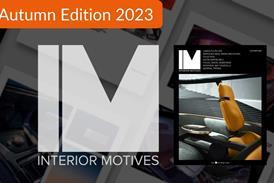
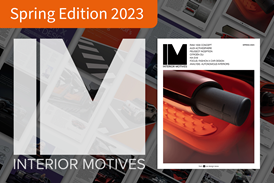
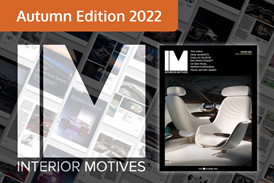

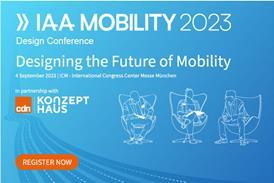


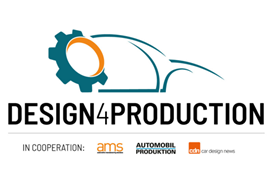
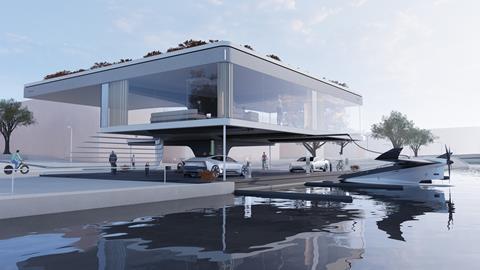

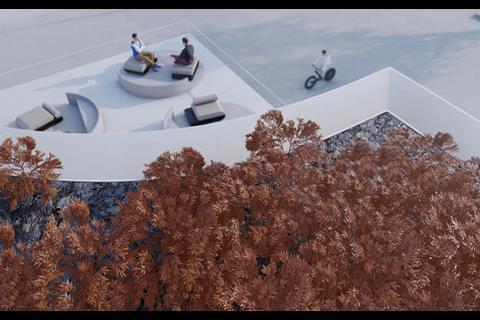
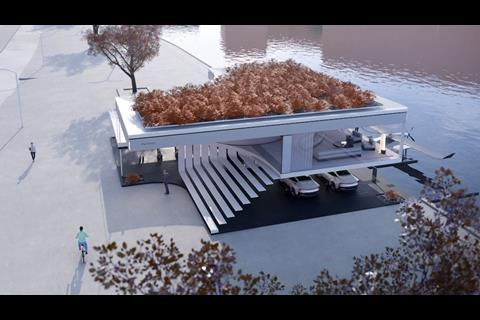
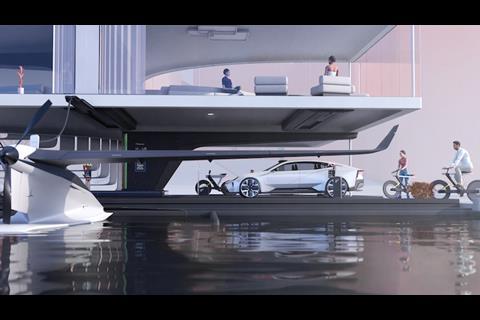
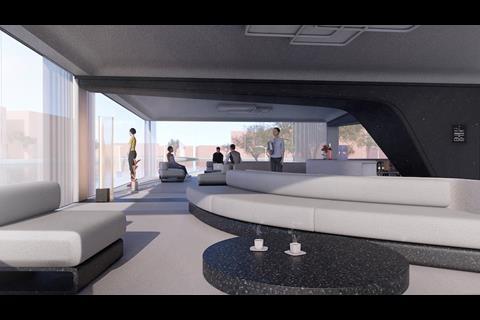
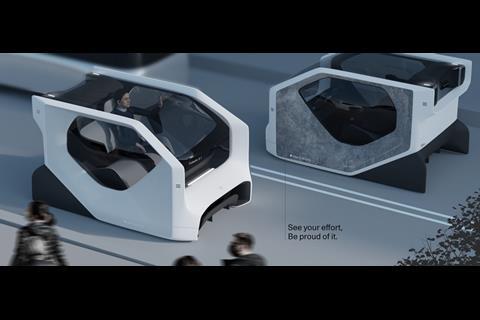
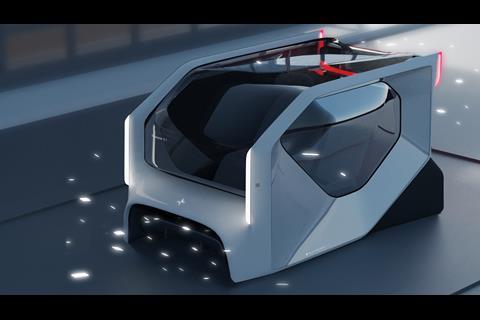
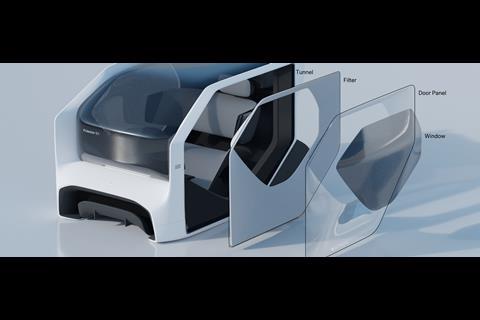
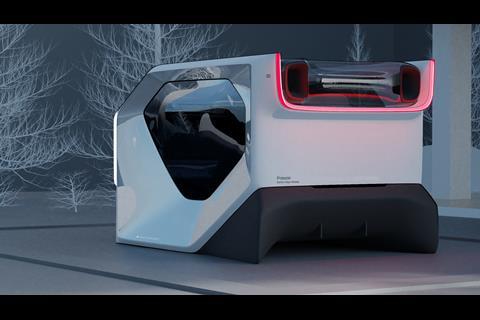
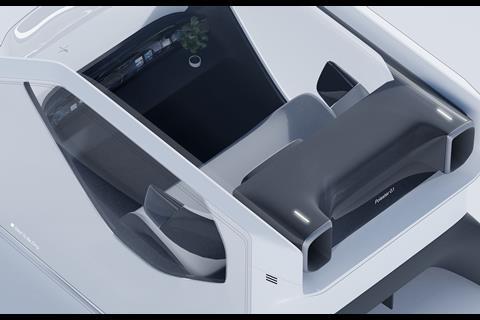
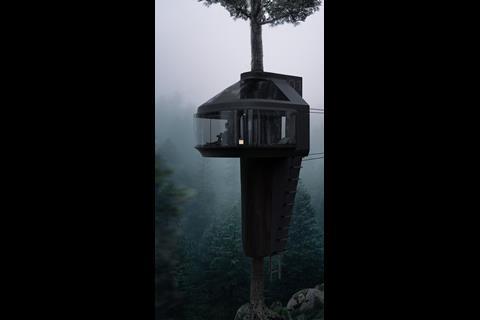
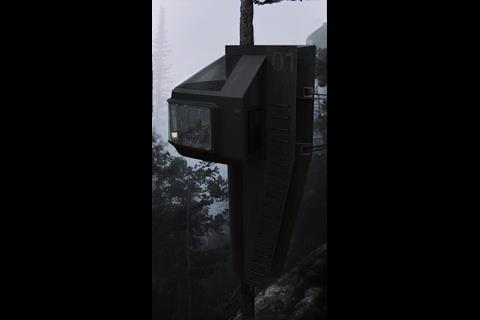
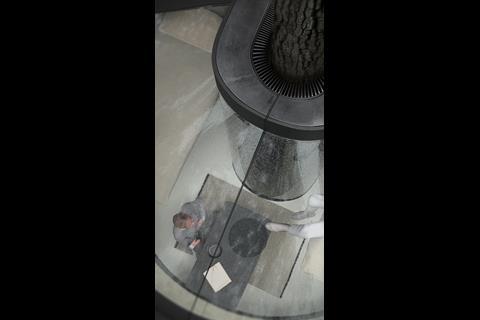
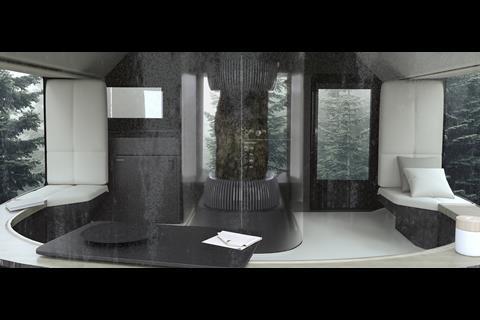
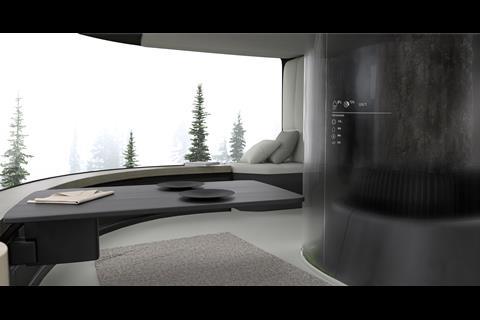
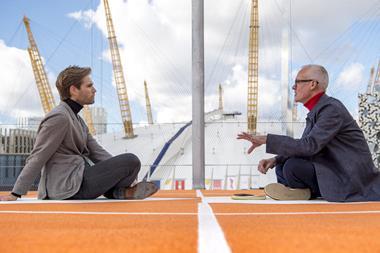
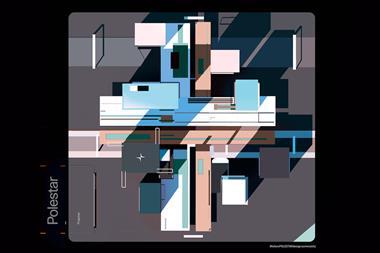
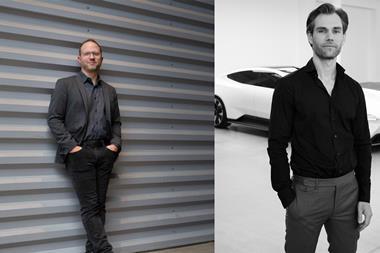
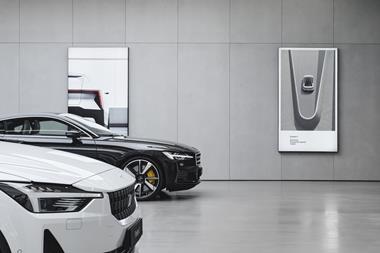
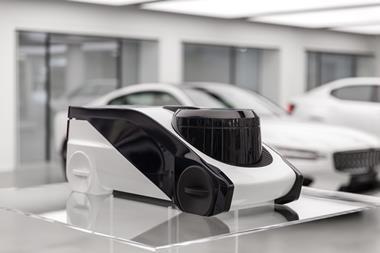
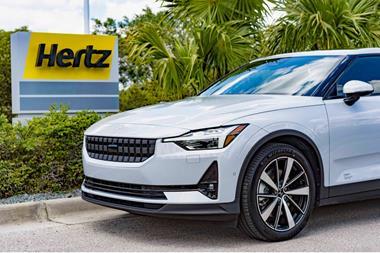



No comments yet